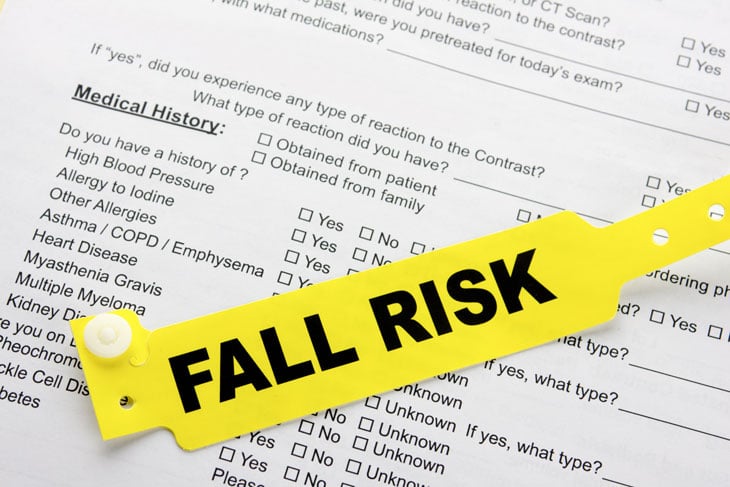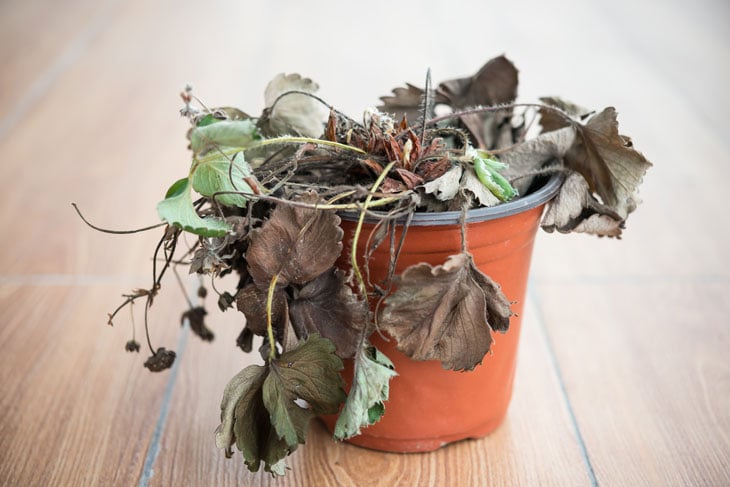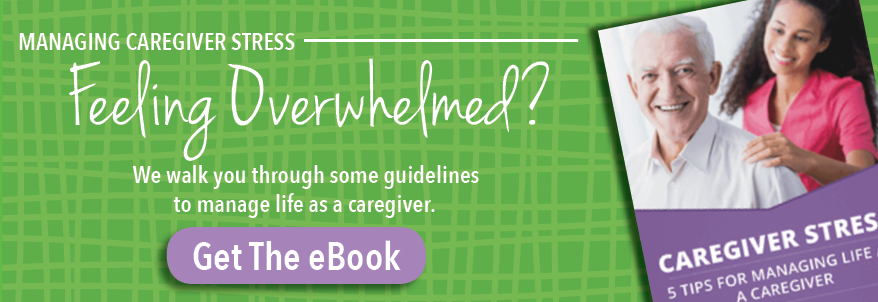
12 Signs It's Time to Consider Personal Care for Your Loved One
Health & Aging | Personal Care/Assisted Living
Updated from the original publication on July 23, 2020.
Have you found yourself suddenly faced with the decision of having to choose a long term care facility for mom or dad? With so many options and so little time, how does one decide what’s best for their current situation?
You know you want a place that’s safe and offers stimulating activities for your loved one. You want a place where you can feel confident their needs are met. It should also be a place that employs competent, certified, and dependable staff. And above all else, you want it to be a place where your loved one will feel at home.
With so many thoughts running through your head and so little time to focus your efforts, you may be wondering: Am I really ready to make such a complex decision? Is this the right time to be considering personal care? Does my loved one even need personal care?
It’s important to understand that no one situation is alike. That’s why we’ve provided the following 12 signs to help determine if personal care is the right choice for you.
1. Recent accidents or close calls.
Has your loved one been involved in a fall, a medical scare, or even a fender bender where you couldn’t get to them in time? Even though accidents happen, older adults are at risk for repeat incidents. Repeated falls and injuries are a common occurrence in the elderly and can lead to hospital readmission.
2. Stagnant recovery.
How fast is your loved one able to recover from a fall or medical scare? Did he or she seek medical attention on his or her own, or did you have to push and prod all the way to the doctor’s office?
3. Worsening health conditions.
Chronic problems such as bronchitis, COPD, heart failure, and memory loss will get worse as your loved one ages. This means they will frequently need your help to maintain their standard of living.
4. Needing assistance with daily activities.
Does your loved one need assistance managing daily activities? Dressing, cooking, managing medications, shopping, and running other errands are skills needed to live an independent lifestyle. If your loved one is unable to perform these kinds of activities on his or her own, you may want to start considering options in personal care.
5. Weight loss.
When hugging your loved one, do they feel thinner? Do clothes fit more loosely? Is your loved one having to add extra notches to his or her belt buckle? Weight loss can be caused by a number of conditions. Depression, cancer, loss of appetite, psychiatric disorders, medication, and endocrine disorders—such as diabetes or hyperthyroidism—can all be causes of sudden weight loss. Addressing these problems often requires 24-hour care and attention.
6. Change in social relationships.
Does your loved one still get together with friends for outings and lunch dates? If your loved one was once active in their social circles and all of a sudden has become disconnected or uninterested in engaging with friends and families, there may be some underlying conditions causing this sudden change. Lack of social connections and isolation can be associated with depression or heart problems in older adults. Your once active loved one may be suffering from the loss of a companion or close friend moving away. If left alone, depression may worsen.
7. Excessive clutter or an unkempt home.
What is the living environment like at your loved one’s home? Are you finding lots of mail, bills, and newspapers scattered around the house? Excessive clutter can be a sign that your loved one is finding it difficult to manage daily living such as paying bills, organizing personal possessions, and chores.
8. Careless driving.
Eyesight and the ability to gauge distance decline in older adults. If you are starting to notice dents and scratches on your loved one’s car, it may be a result of reckless driving. This can be due to prescription medications, failing eyesight, loss of motor skills, cognitive decline, or fatigue. If this is happening, your loved one will need assistance to and from medical appoints and running errands. Personal care can help with these everyday activities.
9. Stale, expired, or too much food in the house.
Next time you are over for a visit with your loved one, be on the lookout for stale or expired foods. Forgetfulness can be a sign of memory loss and failing cognitive function. Buying food and having it go unnoticed is common in older adults. Check the expiration dates on boxes, bread, and milk cartons. Have these items expired? Are there food items in excess of what your loved one can realistically consume?
10. Unattended plants and household pets.
Dying or browning plants may be a sign of chronic neglect, especially if your loved one was once a plant lover. Pets that don’t seem to be well tended to or cared for could mean your loved one is struggling with daily maintenance activities and upkeep tasks.
11. The emotional state of your loved one.
Has your loved one progressively become more confused, angry, annoyed, or flustered? A person’s emotional state can impact their safety. If your loved one is living alone and is seemingly more depressed, careless, anxious, lonely, and dealing with major health complications, personal care may be worth exploring.
12. How are you managing?
As a caregiver, are you finding it hard to juggle your caregiving responsibilities with other family and work obligations? Exhaustion and fatigue can lead to poor judgment and mood swings. The most important thing you can do, as a caregiver for an older adult, is to first take care of yourself.
Keeping someone in their home takes a lot of effort and time. It not only wears on you, but also can affect your home, work, and personal life. If you are having a hard time managing your caregiving responsibilities, it may be time to seek out help.
We hope the above 12 signs have helped you to decide whether or not personal care or assisted living is an option worth looking into. There are many options for personal care, but keep in mind that early planning pays off. Don’t wait until an injury or illness forces your hand. Hasty decision-making can lead to poor and expensive choices.
About Presbyterian Senior Living
As the trusted leader in aging services, Presbyterian Senior Living combines over 97 years of experience with innovative approaches to senior communities and services. Across our 27 communities in PA, MD, OH, and DE, we serve over 6,000 seniors. We are committed to: FOSTERING teamwork and responsibility. UPHOLDING integrity in every action. EMBRACING innovation to create opportunities for everyone’s success. LEADING with compassion and respect.


